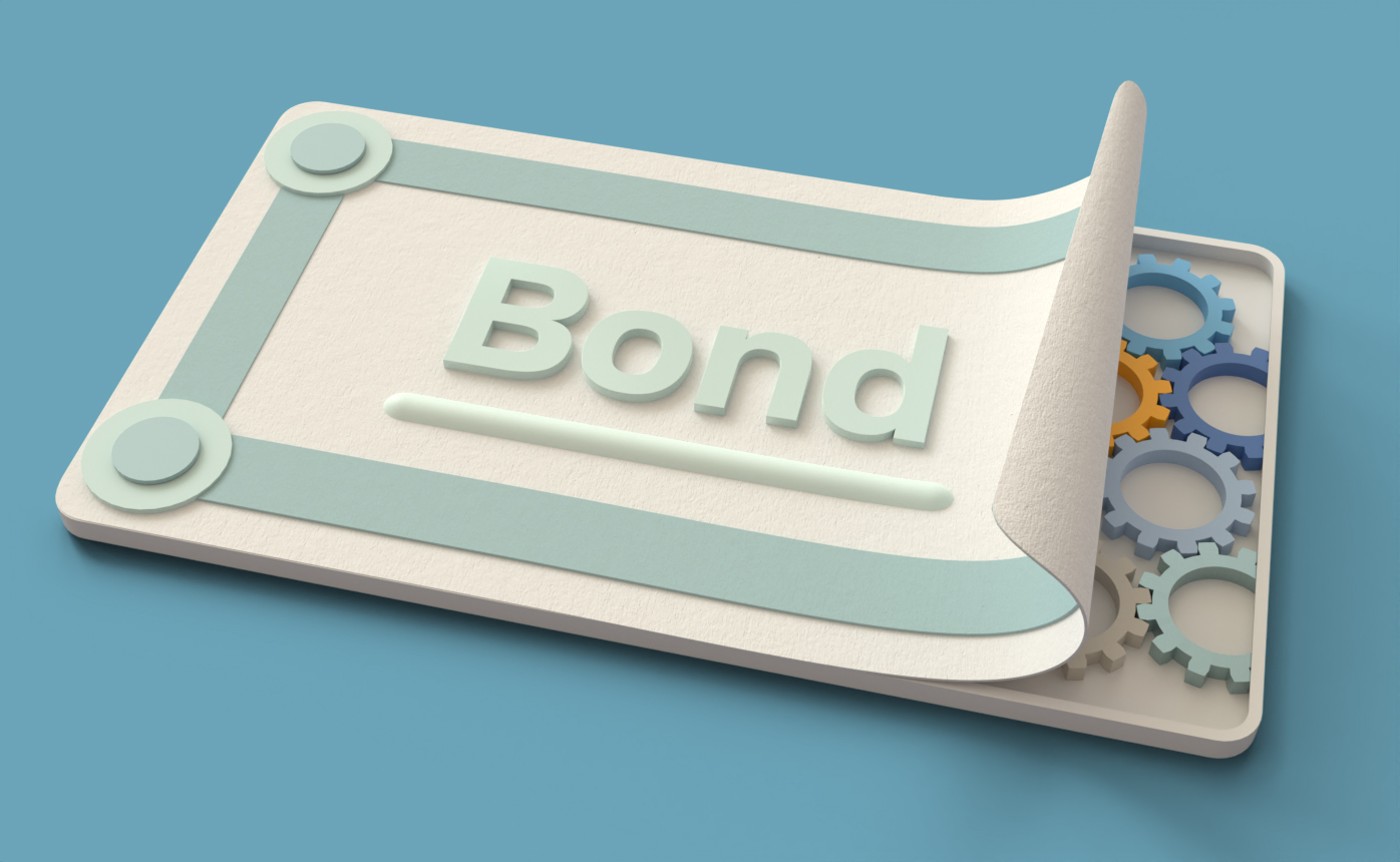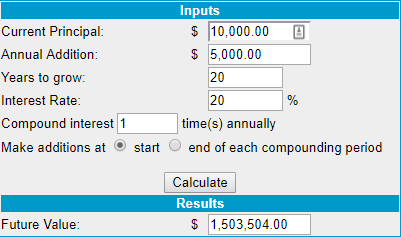
Future contracts are financial instruments that have a fixed price or date at which the asset is to be delivered. There are many types, with different names and expiration dates. Most cases you will get a quote that includes the figures associated with each futures contract. These quotes will include all the key facts you need to know about a futures contract. This article will focus on the most commonly used types of futures contracts as well as their differences.
Speculators
Future contracts are a place where speculators make decisions based upon the direction of the price. Stock market traders look for price movements within a short time period. In futures market, however, the trading period is months. Speculators in future contracts look for short-term price movements in a matter of minutes. As a result, they make their decisions based on their predictions about the future direction of the market.

Hedgers
A futures option is a financial instrument that allows traders and investors lock in an amount for an underlying investment. These types of contracts can be leveraged to a greater extent than futures alone. Futures are used by hedgers to lower the risk of uncertain market conditions. Arbitrageurs use futures contracts to take advantage of mispricings in the asset. While these instruments are not ideal for hedge funds, they are still valuable to the global financial system.
Standardised contracts
Standardised future contracts are financial instruments used to exchange securities or physical commodities for a fixed price in the future. These transactions are usually traded on established markets and are guaranteed to be executed. In some instances, the underlying price of the commodities or securities is not exchanged. UN Global Compact has been created by voluntary initiative to promote corporate social accountability and risk management within businesses. This initiative has contributed to the proliferation of futures contracts.
Physical delivery
Traditionally, commodity contracts for futures are settled at expiration by physical delivery. Traders who are long or short positions in a contract must deliver or receive the underlying commodity at a pre-specified location. This delivery process involves transaction costs, which include transportation, storage, insurance, and shipping. This also impacts the performance of your contract. A shorter delivery list can increase hedging effectiveness. Here are some reasons to consider changing futures settlement.

Cash settlement
The cash settlement of a future contract requires cash to be transferred at a set price. This price is determined using a formula that links the futures market with the cash market. The value of an underlying cash instrument in the market at the time of expiration of the futures agreement will determine the final settlement price. Cash settlements allow the short-term holder to receive the difference in cash. These types are settled by LME Clear which is the central counterparty clearinghouse of the LME.
FAQ
How do I choose a good investment company?
It is important to find one that charges low fees, provides high-quality administration, and offers a diverse portfolio. The type of security in your account will determine the fees. Some companies charge nothing for holding cash while others charge an annual flat fee, regardless of the amount you deposit. Others charge a percentage on your total assets.
Also, find out about their past performance records. Companies with poor performance records might not be right for you. Avoid companies with low net assets value (NAV), or very volatile NAVs.
It is also important to examine their investment philosophy. Investment companies should be prepared to take on more risk in order to earn higher returns. If they aren't willing to take risk, they may not meet your expectations.
Is stock marketable security a possibility?
Stock is an investment vehicle where you can buy shares of companies to make money. This is done through a brokerage that sells stocks and bonds.
You can also invest in mutual funds or individual stocks. There are over 50,000 mutual funds options.
There is one major difference between the two: how you make money. Direct investment is where you receive income from dividends, while stock trading allows you to trade stocks and bonds for profit.
Both of these cases are a purchase of ownership in a business. However, if you own a percentage of a company you are a shareholder. The company's earnings determine how much you get dividends.
Stock trading is a way to make money. You can either short-sell (borrow) stock shares and hope the price drops below what you paid, or you could hold the shares and hope the value rises.
There are three types: put, call, and exchange-traded. Call and put options give you the right to buy or sell a particular stock at a set price within a specified time period. ETFs can be compared to mutual funds in that they do not own individual securities but instead track a set number of stocks.
Stock trading is very popular since it allows investors participate in the growth and management of companies without having to manage their day-today operations.
Stock trading is a complex business that requires planning and a lot of research. However, the rewards can be great if you do it right. This career path requires you to understand the basics of finance, accounting and economics.
Are bonds tradeable?
The answer is yes, they are! As shares, bonds can also be traded on exchanges. They have been trading on exchanges for years.
They are different in that you can't buy bonds directly from the issuer. You will need to go through a broker to purchase them.
This makes it easier to purchase bonds as there are fewer intermediaries. You will need to find someone to purchase your bond if you wish to sell it.
There are several types of bonds. There are many types of bonds. Some pay regular interest while others don't.
Some pay quarterly, while others pay interest each year. These differences make it easy compare bonds.
Bonds can be very useful for investing your money. For example, if you invest PS10,000 in a savings account, you would earn 0.75% interest per year. The same amount could be invested in a 10-year government bonds to earn 12.5% interest each year.
You could get a higher return if you invested all these investments in a portfolio.
What is a REIT and what are its benefits?
An REIT (real estate investment trust) is an entity that has income-producing properties, such as apartments, shopping centers, office building, hotels, and industrial parks. They are publicly traded companies which pay dividends to shareholders rather than corporate taxes.
They are similar to a corporation, except that they only own property rather than manufacturing goods.
What's the difference between a broker or a financial advisor?
Brokers are individuals who help people and businesses to buy and sell securities and other forms. They take care of all the paperwork involved in the transaction.
Financial advisors are specialists in personal finance. They can help clients plan for retirement, prepare to handle emergencies, and set financial goals.
Banks, insurance companies and other institutions may employ financial advisors. Or they may work independently as fee-only professionals.
If you want to start a career in the financial services industry, you should consider taking classes in finance, accounting, and marketing. Also, it is important to understand about the different types available in investment.
How can someone lose money in stock markets?
The stock market isn't a place where you can make money by selling high and buying low. It's a place where you lose money by buying high and selling low.
The stock market is for those who are willing to take chances. They want to buy stocks at prices they think are too low and sell them when they think they are too high.
They are hoping to benefit from the market's downs and ups. But if they don't watch out, they could lose all their money.
Statistics
- Ratchet down that 10% if you don't yet have a healthy emergency fund and 10% to 15% of your income funneled into a retirement savings account. (nerdwallet.com)
- US resident who opens a new IBKR Pro individual or joint account receives a 0.25% rate reduction on margin loans. (nerdwallet.com)
- For instance, an individual or entity that owns 100,000 shares of a company with one million outstanding shares would have a 10% ownership stake. (investopedia.com)
- Individuals with very limited financial experience are either terrified by horror stories of average investors losing 50% of their portfolio value or are beguiled by "hot tips" that bear the promise of huge rewards but seldom pay off. (investopedia.com)
External Links
How To
How to create a trading strategy
A trading plan helps you manage your money effectively. It helps you identify your financial goals and how much you have.
Before you begin a trading account, you need to think about your goals. You might want to save money, earn income, or spend less. You might consider investing in bonds or shares if you are saving money. If you are earning interest, you might put some in a savings or buy a property. Perhaps you would like to travel or buy something nicer if you have less money.
Once you know what you want to do with your money, you'll need to work out how much you have to start with. This will depend on where you live and if you have any loans or debts. Also, consider how much money you make each month (or week). The amount you take home after tax is called your income.
Next, save enough money for your expenses. These include rent, food and travel costs. Your monthly spending includes all these items.
Finally, you'll need to figure out how much you have left over at the end of the month. This is your net income.
Now you know how to best use your money.
You can download one from the internet to get started with a basic trading plan. You could also ask someone who is familiar with investing to guide you in building one.
Here's an example spreadsheet that you can open with Microsoft Excel.
This will show all of your income and expenses so far. Notice that it includes your current bank balance and investment portfolio.
And here's another example. This one was designed by a financial planner.
This calculator will show you how to determine the risk you are willing to take.
Don't try and predict the future. Instead, you should be focusing on how to use your money today.